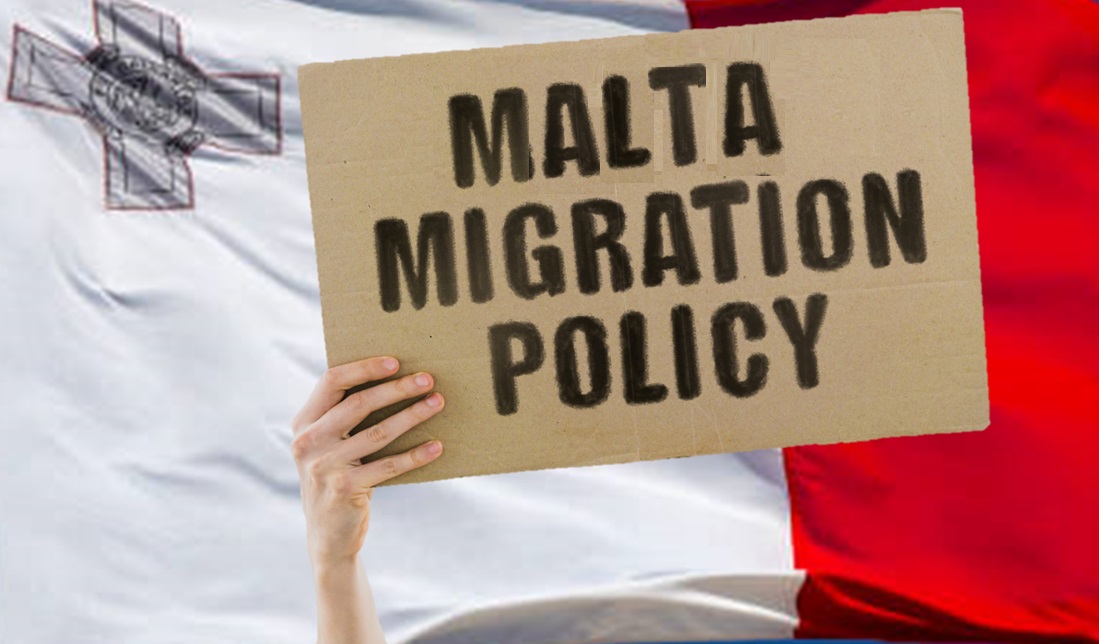22 January 2025
Malta has unveiled its new Labour Migration Policy, setting out reforms aimed at addressing workforce challenges while ensuring fair and sustainable employment practices. The policy is now open to public consultation for two months, with the government planning to start rolling out its measures later this year. The policy is designed to stabilise population growth, curb exploitation of foreign workers, and align labour migration with Malta’s economic needs. Employers and HR professionals are key stakeholders in these changes, as the reforms directly impact recruitment and retention strategies.
Key Features of the Policy
- Block on Hiring for High Turnover Companies
Companies with excessive turnover rates of third-country national (TCN) workers will face restrictions:- Small companies (10-49 employees): Blocked if turnover exceeds 50%.
- Medium companies (51-249 employees): Blocked if turnover exceeds 40%.
- Large companies (250+ employees): Blocked if turnover exceeds 35%.
Exemptions: Micro-companies, foreign direct investments crucial for economic development, healthcare, disability, elderly care sectors, and student workers. Employers who terminate workers due to loss of business cannot refill the same position for 12 months.
- Longer Work Permits
Employers can now renew TCN work permits every two years instead of annually, provided workers are offered two-year employment contracts. This reduces paperwork and costs for employers who retain workers and treat them well. - Change in Work Permit Fees
- Renewal Fees: Reduced from €300 to €150.
- Initial Application Fee: Increased from €300 to €600.
Lower permit fees are also proposed for workers in critical sectors like healthcare and elderly care, to encourage retention over hiring new employees.
- Extended Grace Period for Job Loss
TCN workers who lose their jobs will have 30 days to find another position while financially supporting themselves, with an option to extend this period by another 30 days (up to 60 days total). The current grace period is only 10 days. - Mandatory Bank Transfers for Salaries
Employers will be required to pay TCN salaries via bank transfers to improve transparency and curb abuses such as fake payslips and underpayment. A study will be conducted to determine market-based salary thresholds for skilled occupations. - Prioritising Maltese and EU Workers
Employers must post job vacancies on Jobsplus and the European Union Employment Services (EURES) platforms for at least three weeks before considering TCN workers. They must also justify rejecting Maltese or EU applicants. - Hiring Rules for New Companies
New companies will need to meet specific quotas for employing Maltese or EU nationals before hiring TCNs:- Micro firms (up to 9 employees): Employ 2 Maltese or EU nationals.
- Small firms (10-50 employees): Employ 4.
- Medium firms (51-249 employees): Employ 20.
- Large firms (250+ employees): Employ 40.
- Pre-Departure Integration Course
TCN workers must complete an online course on Maltese language, culture, history, and values before arriving in Malta. This aims to enhance integration in workplaces and communities. - Upskilling and Integration
Workers in low-skilled roles must attend upskilling and integration courses. The skills card introduced for the hospitality sector will expand to other industries, starting with construction. - Restriction on High-Risk Countries
Applications from countries deemed “high-risk” due to security, public policy, or public health concerns will be automatically rejected.
Stakeholder Reactions
- Positive Steps Towards Sustainability
The Minister for Home Affairs highlighted the policy’s goal to stabilise population growth and align economic needs with migration trends. Employers are urged to adopt long-term workforce planning strategies to meet these objectives. - Concerns from Employers
Some employers expressed concerns about the administrative burden and increased costs associated with the policy. The Malta Chamber called for seasonal work permits to address short-term workforce needs effectively. - Balancing Public and Private Sector Needs
Observers have highlighted the need for reduced public sector recruitment to avoid excessive reliance on migration to fill private sector roles. This ensures a balanced approach to workforce planning.
Implications for Employers and HR Professionals
The proposed Labour Migration Policy requires employers to take proactive steps in aligning their hiring and retention practices with new regulations:
- Retention First: Focus on building a positive workplace culture and reducing turnover to avoid restrictions on hiring TCNs.
- Compliance with Advertising Requirements: Ensure job vacancies are transparently advertised locally and within the EU before exploring TCN recruitment.
- Transparent Payroll Systems: Prepare for mandatory bank transfer payments to maintain compliance with wage regulations.


